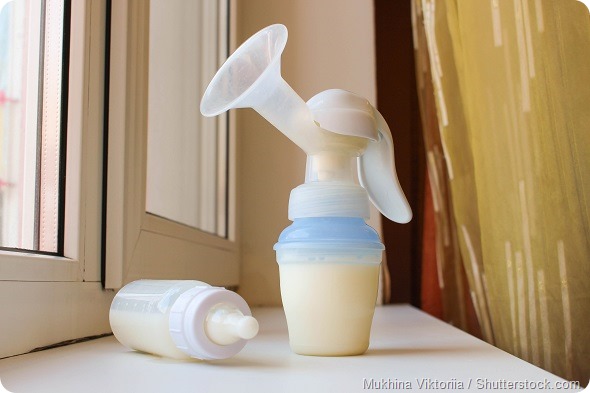The recent craze for human breast milk, which has become a lucrative online market, poses serious health risks, according to British experts.
A popular idea among certain fitness communities, chronic disease sufferers and fetishists, various websites and forums have been promoting breast milk as a “clean” superfood that can boost fitness, ward off disease and even help with erectile dysfunction and cancer.

Writing in the Journal of the Royal Society of Medicine, lead author Sarah Steele (Queen Mary University, London) and colleagues warn that such claims have no clinical basis. On the contrary, raw human milk bought over the internet can pose many serious health risks.
Steele and team say that the benefits of drinking human breast milk are being found in the lab, not in drinking milk that is ordered online. Milk that is unpasteurized and untested not only poses a bacterial risk, but can expose consumers to a number of infectious diseases such as hepatitis, HIV and syphilis.
“While many online mums claim they have been tested for viruses during pregnancy, many do not realise that serological screening needs to be undertaken regularly,” explains Steele.
Sexual and other activities in the postpartum period may expose the woman expressing to viruses that they may unwittingly pass on to consumers of the milk.
Steele also points out that, nutritionally, there is less protein in breast milk than other types such as cow’s milk.
Potential buyers should be made aware that no scientific study evidences that direct adult consumption of human milk for medicinal properties offers anything more than a placebo effect.
The researchers warn that human milk is potentially very hazardous if used to replace a healthy balanced diet. Women may fail to sanitize properly when producing milk or fail to fully sterilize their equipment, they explain. Improper or prolonged storage and transportation of milk also poses a health risk, exposing consumers to bacterial food-borne illnesses, just as any other raw milk can.
Steele and team are now calling for health regulators to issue public guidance against the purchase of human milk online for consumption by adults and infants.